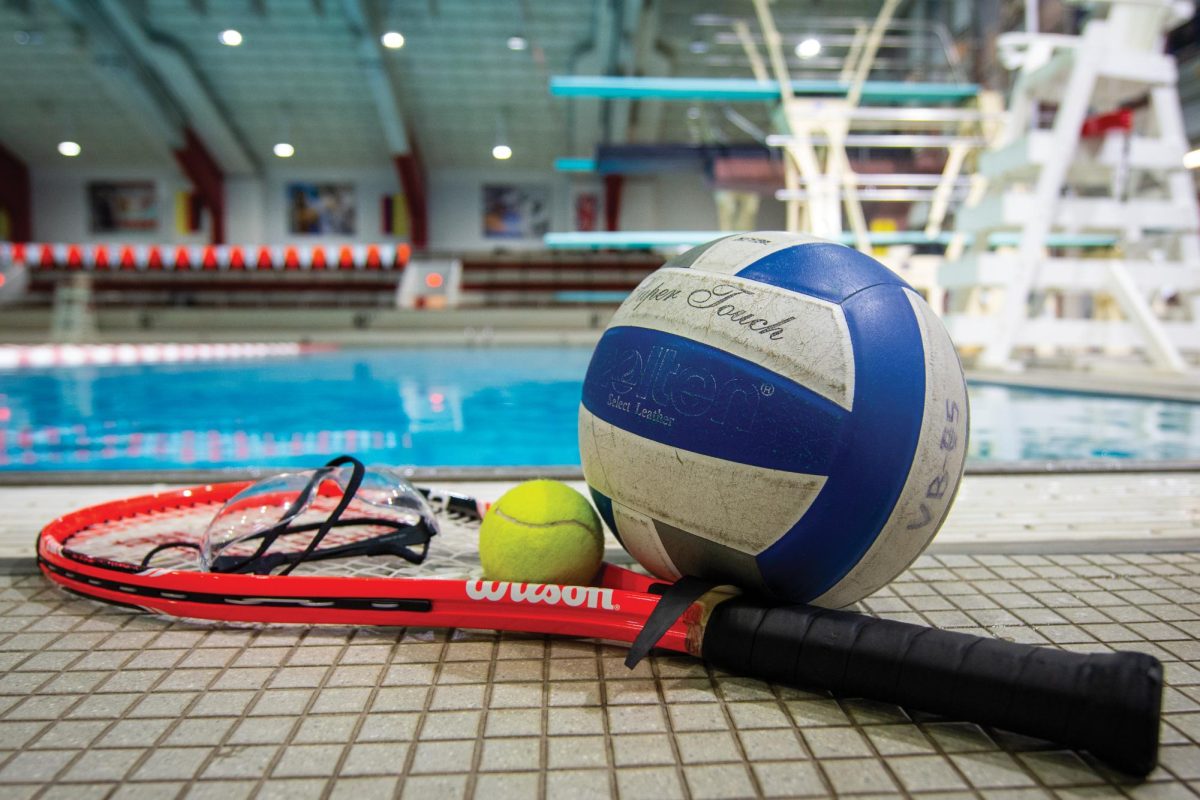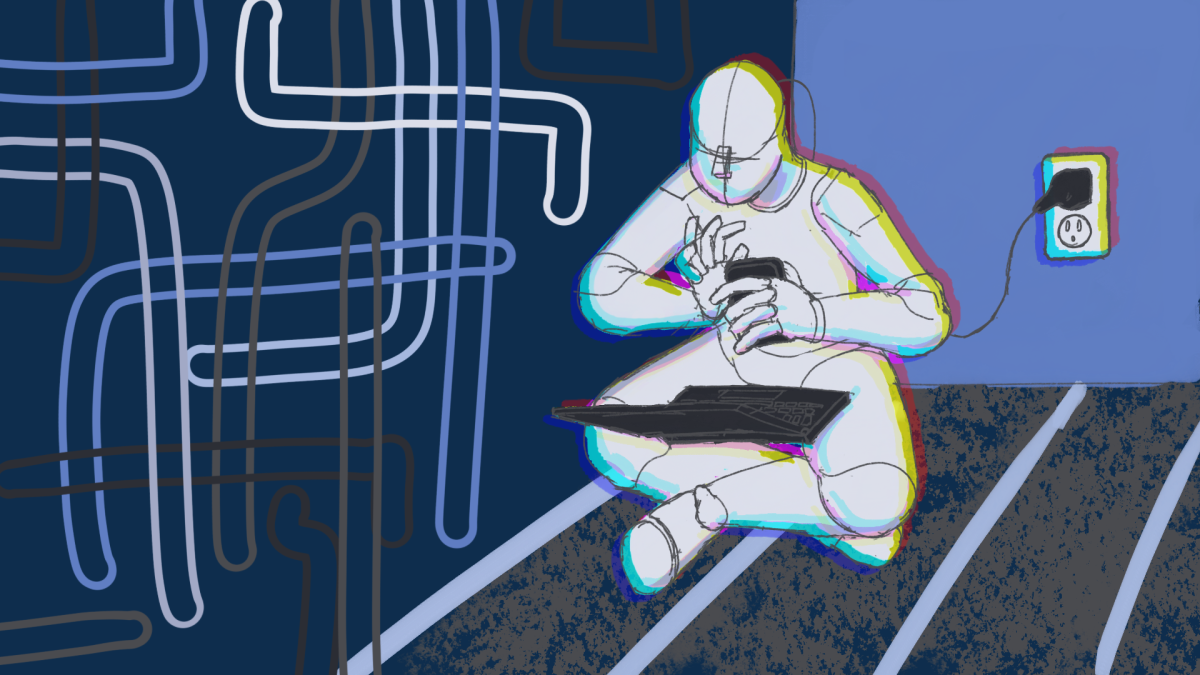This year, the Student Government campaigning period will end 10 days earlier than in 2014. The Student Senate passed a bill in early December that shortened the campaign period from two-and-a-half weeks to one, citing candidates’ failing grades during campaign periods as the reasoning behind changing the statutes. On top of the already shortened time frame, class cancelations due to inclement weather have cut the time students have to be informed about elections while on campus in half.
The decision to cut the campaigning period from two-and-a-half weeks to one was completely candidate-centric. According to Student Body President Rusty Mau, candidates in previous elections, including himself, had trouble maintaining their grades during the campaign period. Mau said the desire to win caused candidates to spend excessive amounts of time campaigning instead of doing assignments and going to class.
Cramming two weeks of campaigning into one only encourages candidates to skip classes in lieu of campaigning more than before, because they have even less time to incorporate meetings and speeches into their schedules. Candidates are forced to condense their plans into a truncated time frame. Although it is clear this decision was made with good intentions, it is even more clear that those who made this decision did not take into account the effects it would have on potential voters.
Student participation in elections has been consistently declining since 2010, when 17 percent of the students enrolled at NC State voted. Last year, that number dropped to 9 percent, according to former Student Body President Alex Parker.
If the trend continues, voter turnout is likely to decrease again, as candidates have significantly less time to campaign and encourage students to vote. With this amended campaign time, candidates sacrifice campaign quality and impact for the sake of convenience. Because election guidelines do not allow candidates to plan their campaigns until the allotted week commences, the time for candidates to plan their respective events—such as speeches and Q&A sessions—is lacking, even before factoring in the campaign time lost because of snow. By the end of this campaign, many potential voters will not be familiar with the candidates, and fewer students will be aware that elections are even happening.
This year’s election runs the risk of becoming even more of a popularity contest than Student Government elections already are. It is already common among the few students who do vote to pay more attention to the names they recognize rather than to those whose beliefs they actually share. The truncated campaign period, which gives students less time to learn about candidate’s platforms, will make this apathy even more common.
Student Government is more involved in student affairs than most students realize. Our Student Body President is a voting member of the university Board of Trustees. In addition, each student pays $13.80 in student fees to the Student Government per year. This vote on the Board of Trustees and power to appropriate almost $200,000 is more influential than most students understand. Then why are we cutting down the time for the student body to decide what people are most qualified to hold so much power?
As student leaders, they will undoubtedly have to simultaneously juggle the demands of their positions and academic work. The campaign teaches time management. Candidates should be able to manage their time for the sake of better informing students. If they can’t do that for two-and-a-half weeks, why should we trust them with doing it for an entire year?






